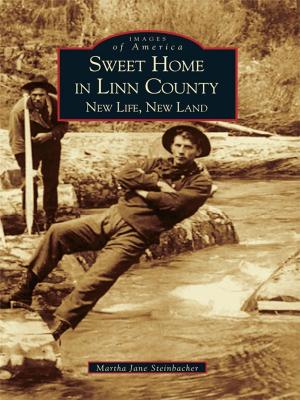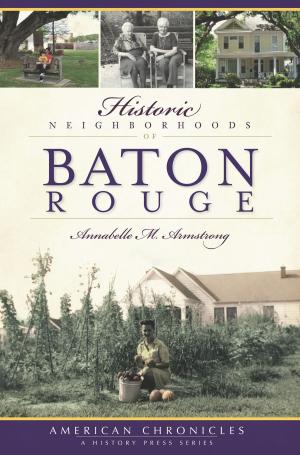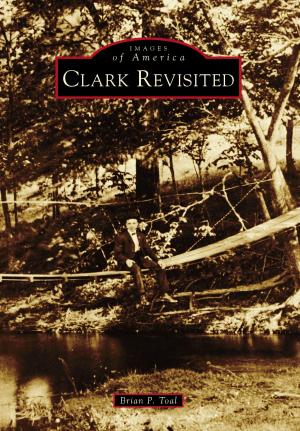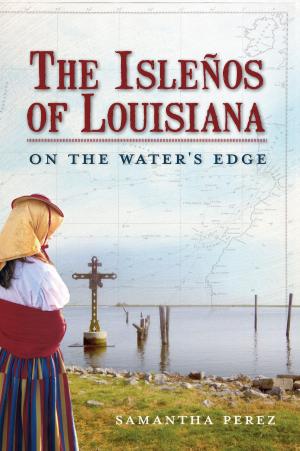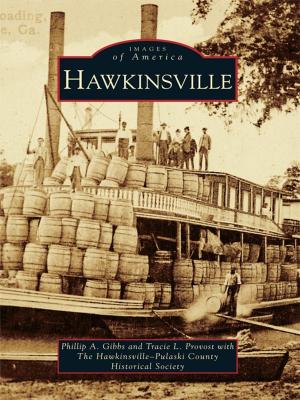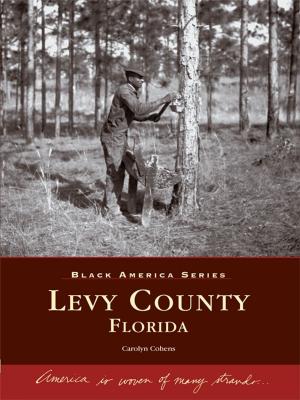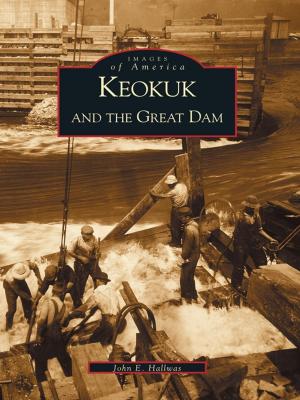Oregon Surfing
Central Coast
Nonfiction, Art & Architecture, Photography, Pictorials, History, Modern, 20th Century| Author: | Scott Blackman, Sandy Blackman | ISBN: | 9781439644959 |
| Publisher: | Arcadia Publishing Inc. | Publication: | February 24, 2014 |
| Imprint: | Arcadia Publishing | Language: | English |
| Author: | Scott Blackman, Sandy Blackman |
| ISBN: | 9781439644959 |
| Publisher: | Arcadia Publishing Inc. |
| Publication: | February 24, 2014 |
| Imprint: | Arcadia Publishing |
| Language: | English |
Surfing came to the central Oregon coast in the early 1960s. Mostly young boys from Newport and the Agate Beach area took to the waves, without wetsuits or leashes, and taught themselves how to surf in the forbidding cold waters. Eventually forming the Agate Beach Surf Club, they discovered other surfing communities along the Oregon coast. With no modern-day technology to help them, they traveled the rugged Oregon coast in search of good and accessible surf spots. Fifty years later, the surfing culture has grown and evolved, including both genders, kite, wind, stand-up-paddle, and big wave surfing. What hasn�t changed is the unique and challenging environment of the Oregon coast. Geography, the weather, and the cold water still remain the biggest challenges. In the face of all this, the surfing community grows and continues to prosper.
Surfing came to the central Oregon coast in the early 1960s. Mostly young boys from Newport and the Agate Beach area took to the waves, without wetsuits or leashes, and taught themselves how to surf in the forbidding cold waters. Eventually forming the Agate Beach Surf Club, they discovered other surfing communities along the Oregon coast. With no modern-day technology to help them, they traveled the rugged Oregon coast in search of good and accessible surf spots. Fifty years later, the surfing culture has grown and evolved, including both genders, kite, wind, stand-up-paddle, and big wave surfing. What hasn�t changed is the unique and challenging environment of the Oregon coast. Geography, the weather, and the cold water still remain the biggest challenges. In the face of all this, the surfing community grows and continues to prosper.






